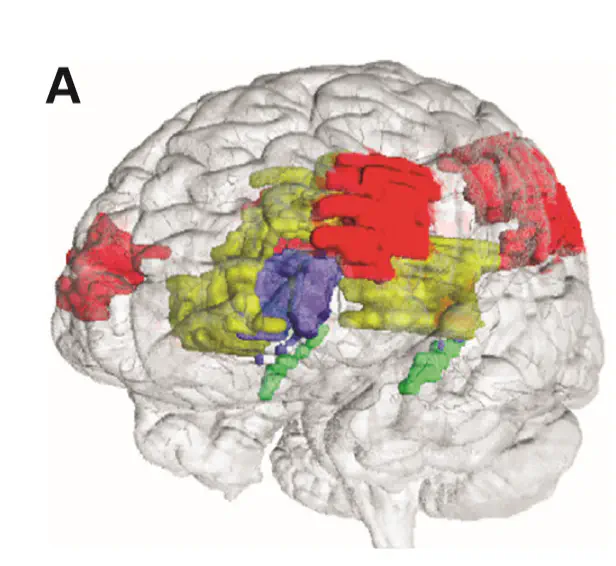Meditation and successful aging: can meditative practices counteract age-related cognitive decline?

Abstract
Life expectancy is constantly increasing in the developed countries due to medical, hygiene and socio-economic advances. Unfortunately, a longer life not always corresponds to a healthier life. Indeed, aging is associated with growing risk factors for illness associated with societal conditions (isolation, maltreatment), and neurodegenerative diseases. Even normal aging is associated with a cognitive decline that can hinder independence and quality of life of elderly. Thus, one major societal challenge is to build policies that support people of all ages to maintain a maximum health and functional capacity throughout their lives. Meditation could be a promising intervention in contrasting the negative effects of aging. Indeed, it has been shown to enhance cognitive efficiency in several domains, such as attention and executive functions in young adults. Nevertheless, whether these effects extend to old participants is still a matter of debate. Few studies have directly investigated this issue, reporting encouraging results in a large panel of cognitive functions, such as: attention, executive functions and memory. However, a final conclusion about the causal role of meditation and the generalization of these results is made difficult due to several methodological limitations. We propose a roadmap for future studies to pass these limitations with the hope that the present work would contribute to the development of the young research field of meditation in gerontology.